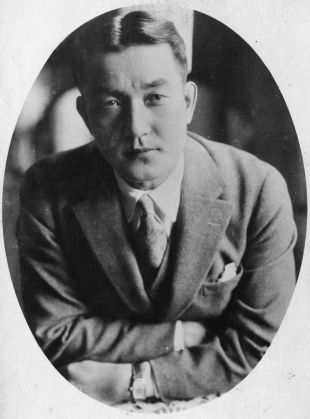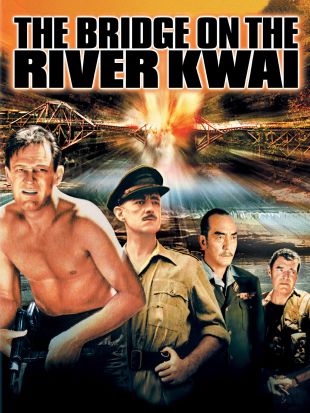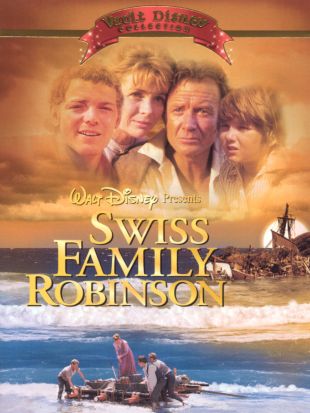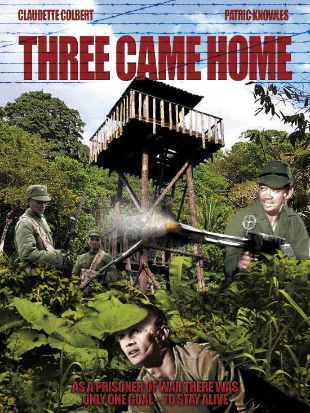Best remembered by international audiences for his Oscar-nominated turn as Japanese POW camp commander Sato in The Bridge on the River Kwai (1957), Sessue Hayakawa was one of the first Japanese actors to have a successful Hollywood career. Born Kintaro Hayakawa in the city of Chiba on the island of Honshu, he originally aspired to join the navy but was prevented by a partial hearing loss. Instead, he joined his uncle's acting troupe. At age 19, Hayakawa enrolled at the University of Chicago.
Upon his return to Japan, he created the Japanese Imperial Company, an international touring troupe that came to the western U.S. in 1913. Hayakawa broke into films in 1914 after producer Thomas Ince, the father of the studio system, saw Hayakawa perform and signed him to a film contract. The first film in which he appeared was The Hateful God (1913). A young Hollywood had never seen the likes of an actor such as Hayakawa. Forgoing the tendency of other silent stars to broaden every movement, he brought an unprecedented subtlety to his exotic and initially sympathetic roles. Hayakawa became a star after appearing in The Typhoon (1914) with his wife, Tsuru Aoki. He played a villain in Cecil B. De Mille's The Cheat (1915). Again, he distinguished himself by giving a naturalistic performance. While he continued to try to play romantic roles, he was most frequently cast in villainous roles and occasionally produced films himself. In 1921, he penned a novel and a play. He also wrote a screenplay for The Swamp.
By 1923, Hayakawa's popularity in Hollywood had waned and he moved to Europe to appear in films such as J'ai Tué (I Have Killed) (1924). He appeared in his first sound appearance in the Hollywood thriller Daughter of the Dragon (1931), playing Fu Manchu. The film did poorly and Hayakawa spent the '30s working in Europe. He returned to Hollywood in the late '40s and reestablished himself as a character actor in such films as Three Came Home (1950) and Swiss Family Robinson (1960). In the mid-'60s, Hayakawa retired from acting, moved to Japan, and became a Zen priest and a drama teacher.



